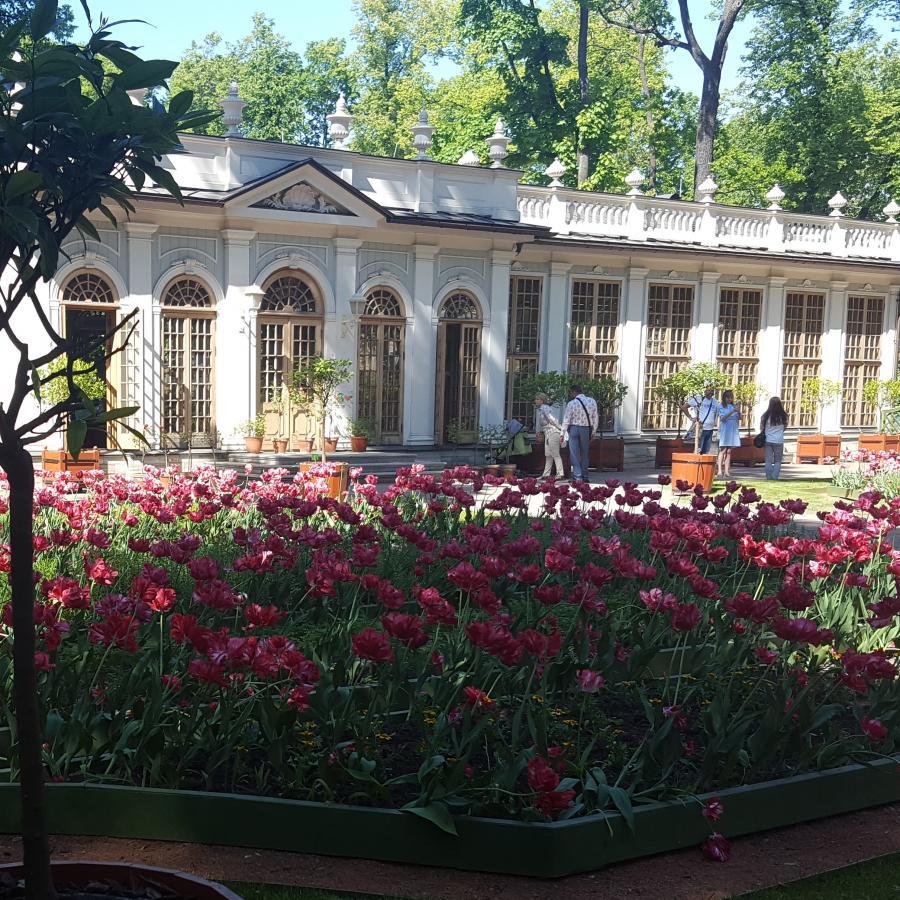Part of the Area Studies Showcase Lecture Series: Russia, Eastern Europe, and Central Asia and presented by the 2018-2021 U.S. Department of Education Title VI National Resource Center and Foreign Language and Area Studies grant recipients for Russia, Eastern Europe, and Central Asia.
There is no going back to the beginning. The emerging global economy will not resemble the system that came before. That pre-pandemic system was already fragile. Now we have an opportunity to imagine a new global economy.
Rawi Abdelal is the Herbert E. Johnson Professor of International Management at Harvard Business School and Director of the Davis Center for Russian and Eurasian Studies, Harvard University. His primary expertise is international political economy, and his research focuses on the politics of globalization and the political economy of Eurasia. Professor Abdelal is the author of National Purpose in the World Economy and Capital Rules, and the editor or co-edited of The Rules of Globalization, a collection of Harvard Business School cases on international business; Measuring Identity; and Constructing the International Economy. Abdelal is currently at work on two projects: the first explores the inter-related challenges that undermined the first era of globalization, circa 1870-1914, and which threaten to destroy the current age of global capitalism, and the second explores the geopolitics of energy in Europe and Eurasia. Abdelal earned an M.A. and Ph.D. in Government from Cornell University.
Hosted on Harvard University's Davis Center for Russian and Eurasian Studies' YouTube page.
Sponsored by the Davis Center for Russian and Eurasian Studies at Harvard University; the Institute of Slavic, East European, and Eurasian Studies at the University of California, Berkeley; the Russian, East European, and Eurasian Center at the University of Illinois at Urbana-Champaign; the Russian and East European Institute at Indiana University; the Center for Russian, East European, & Eurasian Studies at the University of Michigan; the Center for Russian, East European, and Eurasian Studies at The University of Texas at Austin; the Inner Asian and Uralic National Resource Center at Indiana University; the Center for Russian, East European, and Eurasian Studies at the University of Pittsburgh; the Center for Russia, East Europe, and Central Asia at the University of Wisconsin - Madison; the Center for East European and Russian/Eurasian Studies at the University of Chicago; and the Center for Slavic and East European Studies at The Ohio State University.

